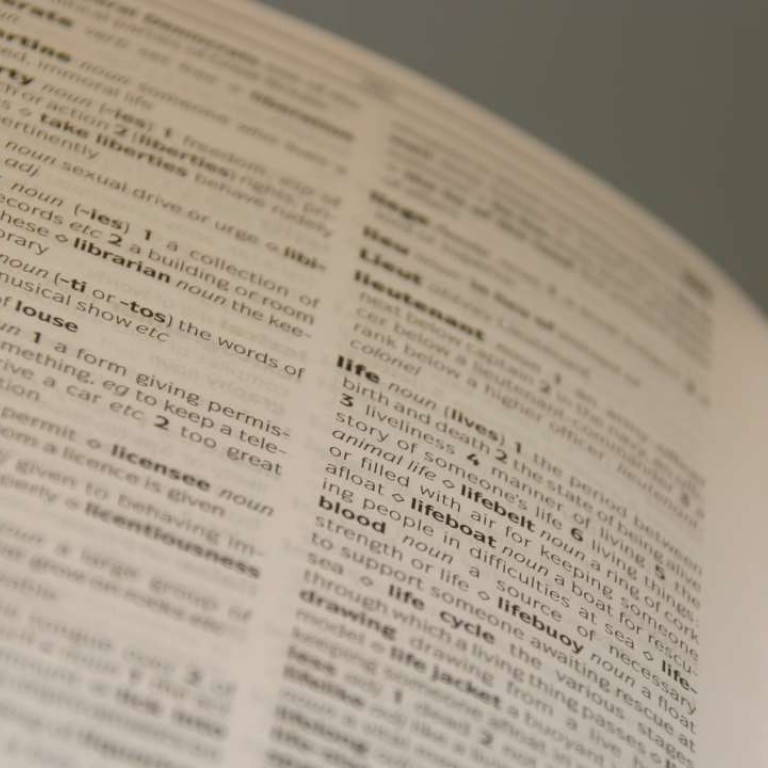
War of words erupts as guanxi, ‘Chinese helicopter’ enter Oxford dictionary
Oxford English Dictionary’s March 2016 update, which includes Hong Kong English and Singlish words, shows a greater acceptance of Asian English
The March update of the Oxford English Dictionary included some 500 new entries, many from Asian varieties of English. For Filipinos this was a “kilig” moment. Singaporeans, on the other hand, engaged in heated debate as to whether certain words and terms were worthy (“chilli crab”), spelt correctly (“ang moh”), really Singapore English (“lepak”), or exist at all (“Chinese helicopter”).

Several Hong Kong words made the cut, including “milk tea”, “shroff” and “yum cha”. But the hackles of Hongkongers were raised by the inclusion of “guanxi” as Hong Kong English, it being Putonghua, not Cantonese. (More of this another time.) So why does the issue raise such passion?
Words from other languages being assimilated into English is nothing new. The Norse tribes invading England circa AD800-1000 introduced Old Norse into Old English, including the third-person plural pronouns “they”, “them” and “their”. Much of French English – “government”, “advocate”, “mutton”, “oyster” – stemmed from political, legal, cultural and lifestyle influences in the centuries following the Norman conquest of 1066. English absorbed a scientific vocabulary from Arabic borrowed into Latin in the 12th and 13th centuries, including “alcohol” and “algebra”. And 18th- and 19th-century encounters in British India and Malaya introduced the Hindi and Urdu “jungle”, “curry” and “khaki”, and Malay “amok”. So why has the Oxford English Dictionary’s most recent update generated such debate among Asian English communities?

One reason, of many, is this: English entered the colonies as a second language, primarily via education. Now, generations on, especially if post-independence policies have ensured a greater spread and penetration of the language, English is a dominant, primary or even first language in these multilingual communities. This raises complex issues: who can be considered a “native speaker” of English? Which varieties of English have greater value? Why is it still hard for speakers of Asian Englishes to claim ownership of the language? Why is linguistic insecurity still experienced?
We will happily wander into a coffee chain and order a ciabatta and a latte macchiato. Are we just as comfortable talking to non-Hong Kong friends about eating at a dai pai dong or suggesting they order char siu bao?
The inclusion of words in recognised dictionaries does help raise their acceptance and that of the Asian variety of English they come from. But it’s a two-way street: the more a word, phrase or variety of English is used and the greater its familiarity with other speakers, the more accepted it will become.
If you love a word, use it – that’s what makes it real.

